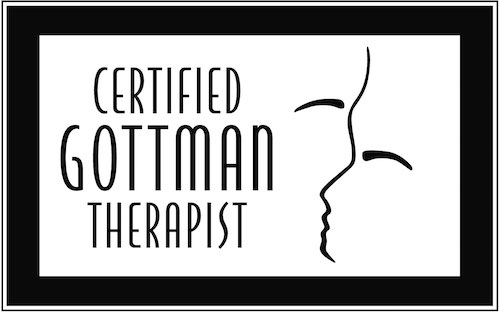Getting Control Over Anxiety
Getting Control Over Anxiety
What is anxiety?
In general, anxiety can be defined as an overall sense of fear, worry, or nervousness that is out of proportion to what one might typically and realistically expect in a certain situation. As uncomfortable as anxiety may feel, it can also be seen as our mind and body's natural, normal response to stress. Sometimes it is called our mind and body's alarm system that helps one detect danger and find safety. At some point in life individuals are bound to experience a certain degree of anxiety in response to stressful or unique events. Such events might include an important presentation at school, a first date, a job interview, a conflict with someone close to you, or an attempt to simply try something new.
Anxiety can become a debilitating problem; however, when feelings of fear, worry, or nervousness evolve into an excessive, irrational dread that persists intensely for a prolonged period of time and impacts a person's daily functioning. There are many different types of anxiety related disorders and each one has a specific set of diagnostic criteria. Examples include Generalized Anxiety Disorder, Panic Disorder, Phobias, Post-Traumatic Stress Disorder, and Obsessive-Compulsive Disorder.
What are the common characteristics of anxiety?
Some of the most common cognitive (thought-focused) and emotion-focused characteristics of anxiety include:
- difficulty concentrating
- irritability
- worry
- repeated thoughts about something specific
- nervousness
- apprehension
- fear of losing control
- intrusive thoughts
- sense of dread
Some of the most common physical characteristics of anxiety include:
- difficulty sleeping
- nausea
- muscle pain or weakness
- headaches
- heart palpitations
- diarrhea
- fatigue
- trembling/shaky
- sweating
- dizziness
- "knots" in stomach
What are some steps to help control feelings of anxiety?
- Assess any stressors in your life and keep them to a minimum.
- Identify internal and external triggers of anxiety (e.g. muscle tension, driving during rush hour).
- Increase awareness in how your body reacts to anxiety - the sooner it can be recognized and managed the better.
- Learn a variety of relaxation skills such as deep breathing.
- Catch yourself using "negative" talk and make a list of healthier alternatives.
- Visualize yourself successfully conquering an anxiety-provoking issue.
- Keep stimulants such as caffeine to a minimum.
- Exercise and drink plenty of water throughout the day.
- In some circumstances, medication can help alleviate symptoms while developing better coping skills.
- Counselling can assist individuals in learning more about anxiety and in developing effective coping skills to regain control.


